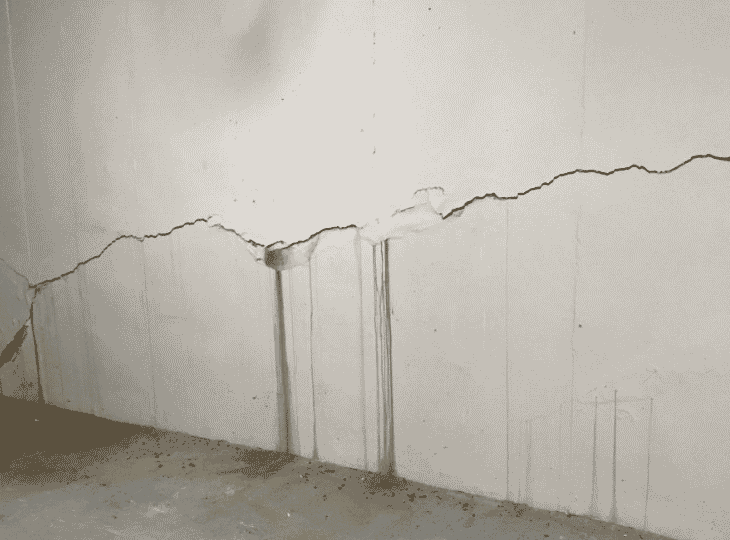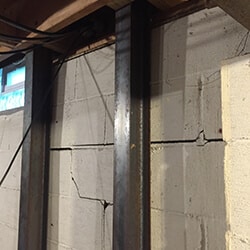4 Vital Signs That Your House Needs To Be Inspected for Bowed Basement Walls Claymont, DE
Your house may have bowed basement walls, but sometimes it is not easy to spot this problem. Nonetheless, basement wall bowing is a serious structural problem that you need to be concerned about. Furthermore, the problem may develop over a long time and be detected too late when the amount of repair required is colossal.
Because bowed basement walls may be hidden from your view, it is important to be on the lookout for any sign associated with this problem. You are letting me know when it is necessary to get a professional repair contractor to examine the problem further and provide the required repair.
Here are 4 signs which suggest that your house needs to be examined for bowed basement walls.
- Walls That Are Leaning or Bulging Inwards
When the walls of your basement appear to be leaning or bulging inwards, this is a clear sign that they are experiencing some lateral pressure from outside. The pressure could be due to increased hydrostatic pressure, growing tree roots near the foundation, or frost heave, among other causes. The pressure can cause the basement walls to bend inwards. A thorough examination of your building will help determine the pressure source and the best repair strategies to deploy.
- Stair Step or Horizontal Cracks on the Basement
Stair step and horizontal cracks often indicate that there is some structural damage to your building. Stair step cracks are often associated with an uneven settling of the foundation.
Horizontal cracks, on the other hand, denote basement wall bowing due to increased lateral pressure on the walls. As the pressure increases, the basement walls bow inwards and crack horizontally. Horizontal cracks indicate serious structural damage. Therefore, when you see them, you need to have your house inspected for bowed basement walls.

- Signs That There Is High Hydrostatic Pressure
Water damage is one of the most common problems that affect basements. The soil that holds the foundation or the basement walls can become saturated with water due to flooding, a burst or leaking pipe near the foundation, faulty downspouts and gutters, or poor drainage around the basement walls. The soil will exert more pressure on the basement walls when this happens.
To be on the safe side, it is essential to regularly inspect your house for bowed basement walls if you live in an area that is prone to frost heaving, flooding or leaks, and burst pipes that persist over a long time.
Contact the Professionals at Completely Dry Waterproofing Today! 1-877-373-9084




